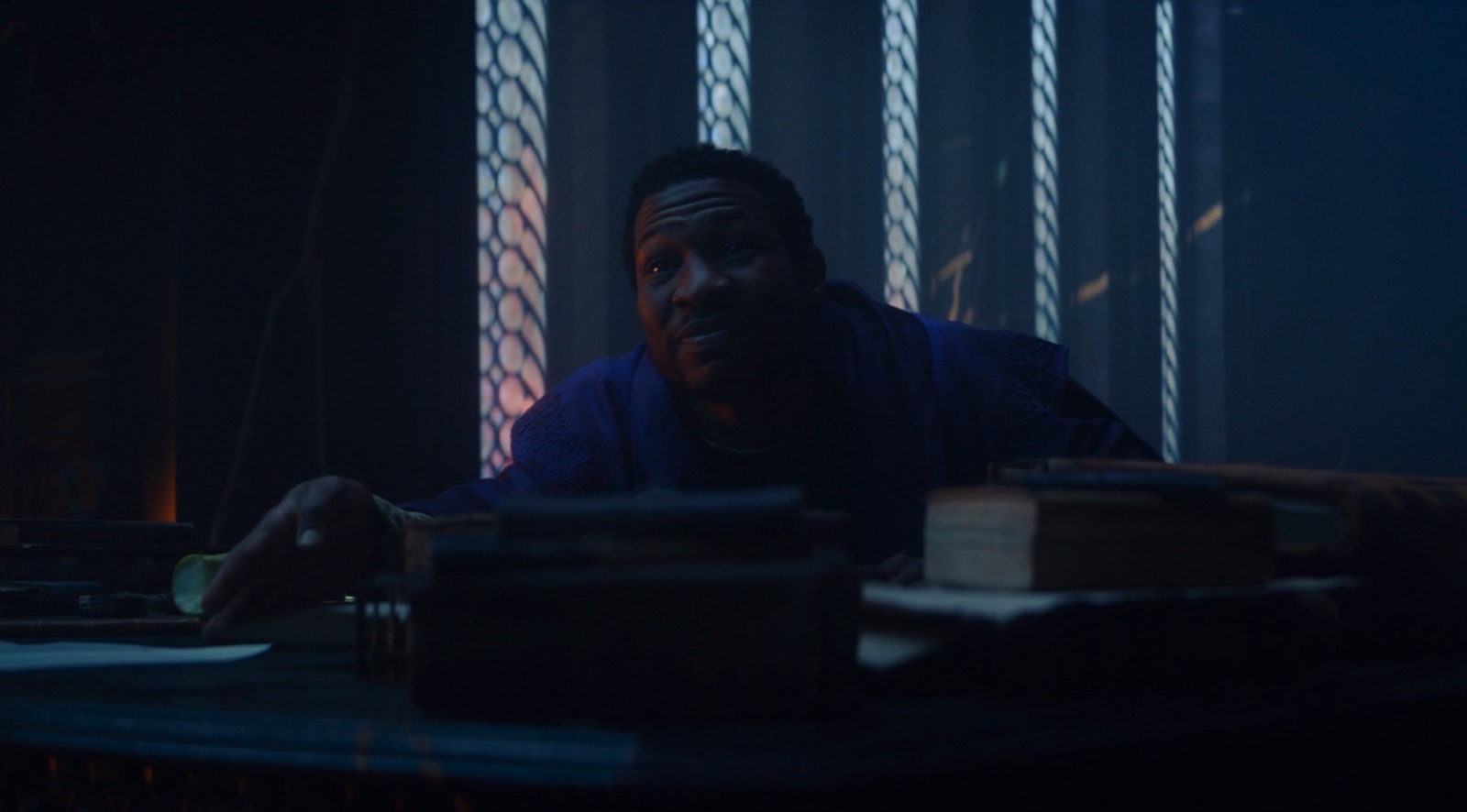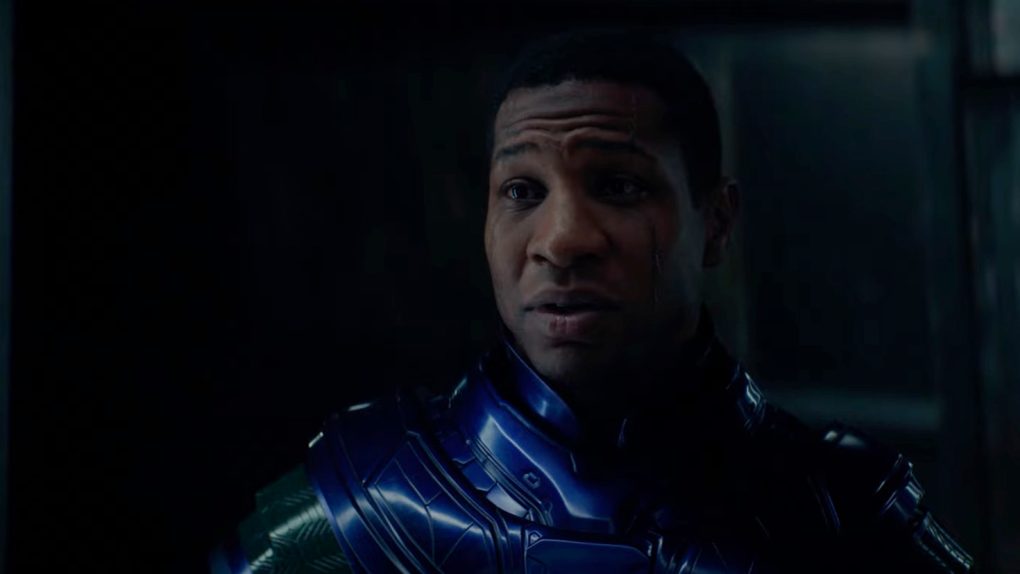I might not have liked Ant-Man and the Wasp: Quantumania as much as I thought I would, but Kang (Jonathan Majors) is one of the best things that came of it. Majors just steals most of the scenes he’s in, and I can’t wait for a variant of this villain to fight against the Avengers. Kang the Conqueror has a great line in Quantumania that I keep returning to. He asks Scott Lang (Paul Rudd) whether he had killed him yet, since he murdered countless Avengers during his multiversal conquests. That made me realize that Kang already killed Iron Man, Black Widow, Gamora, Loki, and Heimdall in Endgame and Infinity War. You just don’t know it yet.
Expect massive spoilers below if you’re not up to date with the MCU.
All the dead Avengers
Infinity War and then Endgame shocked fans with the deaths of several key Avengers. Major characters died during both movies. Most of them then came back at the end of Endgame, as those were fake deaths.
But some Avengers lost their lives for good. That includes Iron Man (Robert Downey Jr.) and Black Widow (Scarlett Johansson), who both died in Endgame.
Marvel replaced others with new variants. Gamora (Zoe Saldana) never got to join the Avengers against Thanos (Josh Brolin), as she died in Infinity War. As a reminder, we currently have a different Gamora variant in the MCU.
The Loki (Tom Hiddleston) in Marvel’s Loki Disney Plus series is also a variant, as the primary variant died in Infinity War.
We also lost a key supporting hero in Infinity War. That’s Heimdall (Idris Elba), of course.
How exactly is Kang to blame for these Avengers and Avengers-adjacent characters who perished in Infinity War and Endgame? Thanos was, in one way or another, involved in these deaths. He directly killed some of them or forced others to do whatever it took during their avenging.

Kang is the one who killed Iron Man and the others
Majors has memorable lines as another Kang variant we saw before The Conqueror. He Who Remains turned out to be the big villain of Loki. Is he really a villain, though?
In the final episode, this Kang variant explains to Loki and Sylvie (Sophia Di Martino) that they got there only because he paved the road for them—every step of the way.
Make no mistake; this Kang variant went insane after eons of working from home. But he’s incredibly powerful and fierce. He says he’s also a villain like the two Lokis, though he is the one who beat the other, more dangerous Kangs.
Taking a step back, Kang tells the two Loki variants he’s responsible for everything that happened to bring them there. That includes everything we saw in the MCU up to Endgame. Most of Endgame is the work of this Kang variant.
We already explained that the Avengers were never in danger of losing the fight against Thanos. They had only one chance, but the game was stacked against Thanos. He Who Remains needed this particular course of action to ensure the Avengers won.
That’s how Kang accomplishes two things. He makes sure that a version of him will be born in the distant future. He also ensures that some of the technology Kang will need gets invented (Tony’s time travel machine).
As he gamed this particular fight over and over, maybe more than 15 million times, He Who Remains chose this specific set of events. He caused Heimdall, Loki, Gamora, Black Widow, and Iron Man to die.
Kang wasn’t there physically when they died. But it is his screenplay that they followed. The TVA would have pruned all the other branches. And that’s how he killed these Avengers as well as Heimdall. We just didn’t see it clearly until now.








